Description
Pea Protein (Pea Protein Isolate)
Pea Protein comes in the form of a beige powder with a clean taste. It is obtained from golden or yellow peas in a dry and liquid process. In the dry phase, the pea shells are mechanically removed and ground. Pea flour is then obtained, and thanks to its water solubility, the proteins are separated and collected by centrifugation.
Pea protein is characterized by a very high protein content – 80% per 100g – and is also a great source of iron and amino acids. It has anti-allergic properties and high absorption. It is also a good emulsifier and foaming agent. The functional properties of pea protein concentrates and isolates include water binding capacity, foam expansion and gelling stability.
| Physical Characteristics | Value |
|---|---|
| Humidity | Max. 10.0% |
| pH | 6.0 – min. 8.0 – max. |
| Protein (N*6.25) on dry matter | 80.0% |
| Ash | Max. 8.0% |
| Soya | Max. 25 ppm |
| Gluten | Max. 20 ppm |
| Total microbial count | Max. 30000 cfu/g |
| Coliforms | Max 100 cfu/g |
| Salmonella | Not present in 25 grams |
The shelf life of pea protein isolate is 24 months. The product should be stored in cool, dry warehouses, preferably away from light.
Pea Protein is used as a plant-based protein source in food production. It can be used in products such as smoothies, plant-based meat substitutes, vegan ice creams and yogurt alternatives. Added to meat substitutes, it is not only an alternative to animal protein, but also thickens the final product. Pea protein is also popular in baking and as an ingredient in ready meals. What’s more, it allows the creation of emulsions in sauces or vegan mayonnaise.
Pea protein powder can also be used in animal nutrition. It has an impact on the growth of animal mass, as it is a source of protein. It is also characterized by high digestibility. Pea Protein can be used in the nutrition of farm animals and pets.


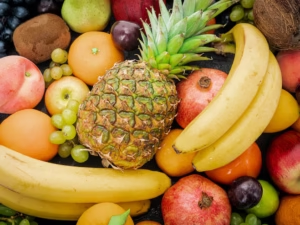
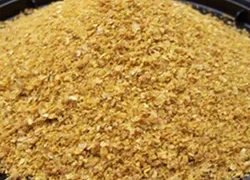
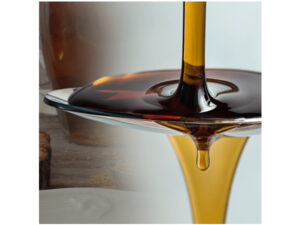
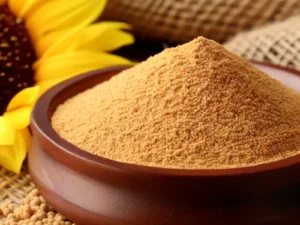
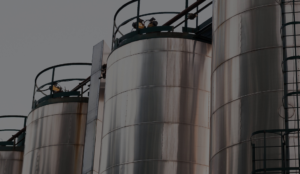
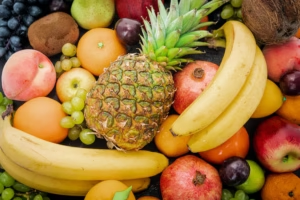
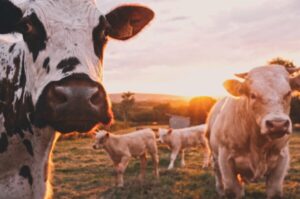

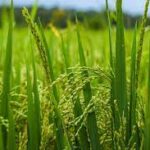

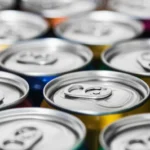
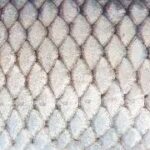

Reviews
There are no reviews yet.